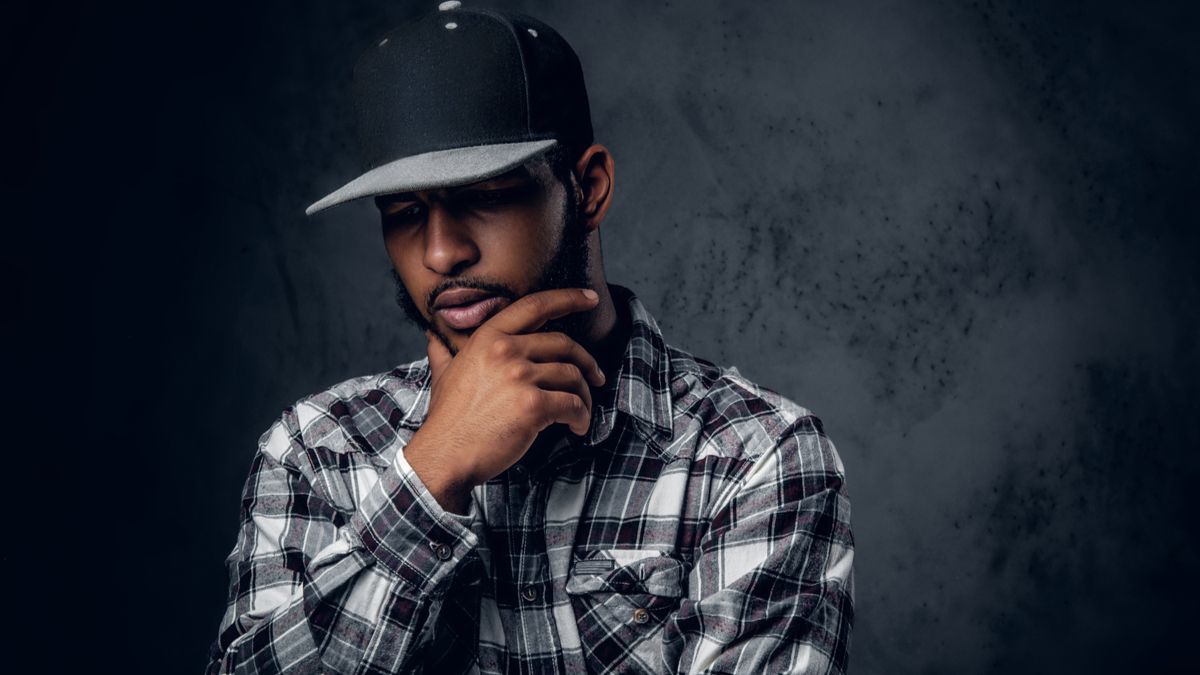No, we're not talking about baseball caps. Here's what this unusual internet slang term means and why you're seeing it all over Tweets and song lyrics.
Lies, Lies!
On the internet, "cap" means "a lie," while "capping" means "lying." It's one of the most popular slang terms of the last few years, with widespread use on social networks, internet memes, and direct messages. It's also a common pop-culture term, with plenty of recent song lyrics and TV show dialogue referencing "cap" and "capping."
Just as common as "cap" is the slang phrase "no cap," which means that you're being honest about something. You can use it to assure others that you're being forthcoming, especially if they're expressing doubts. For example, you might tell your friend, "I'm feeling a lot better, no cap," after recovering from sickness. No cap shares similarities with a few other common slang phrases, such as "keeping it real."
This slang term is unique in that it has a lot of different variations, all of which are related but have distinct meanings. Here's a summary of the various ways people can use the word:
- Cap: A lie or something contested.
- Capping: Someone deliberately lying.
- No Cap: Swearing that you're honest or expressing that you're completely serious about something.
- That's Cap: Catching someone in the act of lying or expressing disbelief in something.
- Stop Capping: A request said to someone, asking them to stop lying.
The History of Capping
While the first usage of "cap" as "lying" isn't entirely clear, it significantly predates the internet. A video documentary by Genius, the music lyrics website, suggests that "cap" was popularized through hip-hop music. They cite that the first instance of "capping" appearing in song lyrics is from a 1985 EP from California rapper Too Short, with variations of the term appearing in rap songs throughout the next few decades.
Mentions of the phrase "no cap" in hip-hop songs grew drastically in 2017 and 2018, which coincides with its rise in mainstream popularity. While the first entry for "cap" on Urban Dictionary dates back to 2011, the initial entry for "no cap" is from much later in 2018. Eventually, the term and its variations rose to popularity on social media platforms and Internet memes.
As with many slang terms these days, people on the internet have found a way to make it even shorter -- even if "cap" itself is only three letters. Under most devices, an emoji appears as a blue baseball cap, also called the "billed cap" emoji (🧢). In the last few years, this emoji has become a symbolic representation of capping.
If you hop onto a viral TikTok or Instagram post that seems packed with lies, you might see people in the comments section spamming the "cap" emoji. One effect of this shift is that you rarely see this emoji referring to a hat; it almost always means dishonesty. You might also see this emoji in conjunction with "no," as in "no cap."
"That's Cap!"
A common way to use cap as a slang term is to type the phrase, "that's cap." People often say this when they catch someone in the act of lying or they're pointing out that a recent statement is a lie.
You can also say "that's cap" when you're expressing disbelief in something, even if you're not sure if it's untrue. So, for example, if someone's telling you an incredulous story about how they managed to finish Elden Ring in 3 hours, you might say, "that's cap," because you find it unbelievable.
While "you're lying" and "that's cap" are essentially synonyms, there are a few notable differences. Saying that something is cap can be non-accusatory and instead deployed to tease a friend lightly. For example, if your friend is bragging about a fantastic accomplishment, you might say "that's cap" as a joke.
How to Use "Cap"
Cap is somewhat unwieldy as a slang term. On top of being a synonym to "lying" on many parts of the internet, saying cap adds a certain flair to your messages. You might say "cap" if you're engaging in witty banter with your friends or commenting on an Instagram post, but you probably won't say it if you're arguing with a family member.
Here are a few examples of "cap" and its variants in action. Notice how "cap" is doing something slightly different in each of these sentences:
- "Stop capping, dude!"
- "That's cap. There's no way that happened."
- "I'm going to buy that house one day, no cap."
- "You're capping. I was just there yesterday."
- "Cap. It's written all over your face."
If you want to learn about other internet slang terms, check out our pieces on "Press F to Pay Respects," stan, and WBK. You'll be tweeting like an expert in no time.

